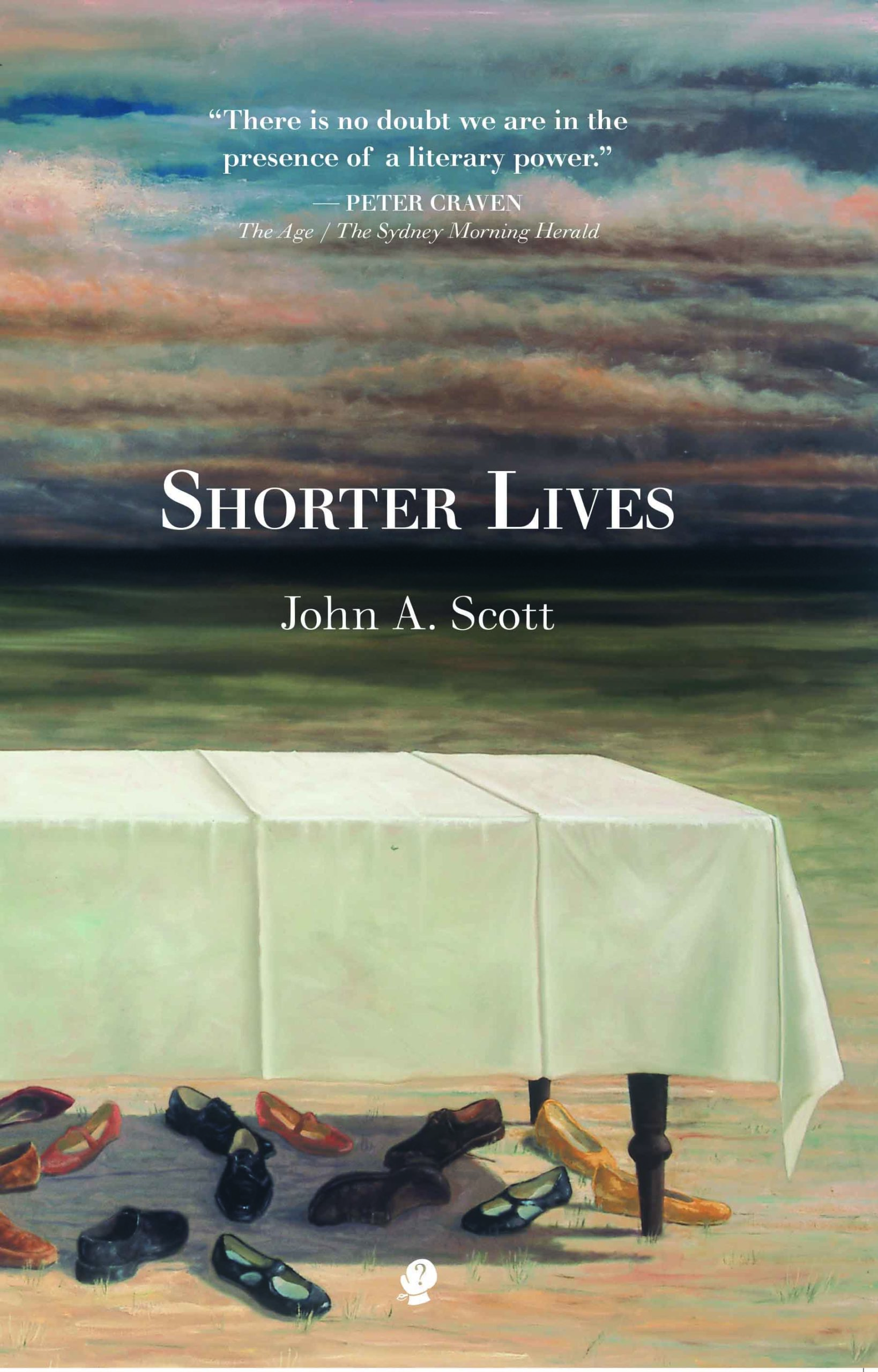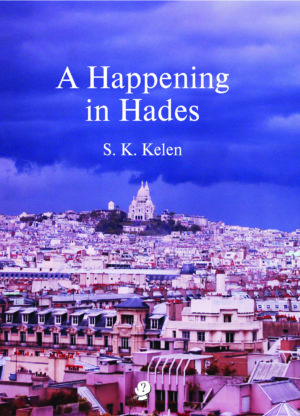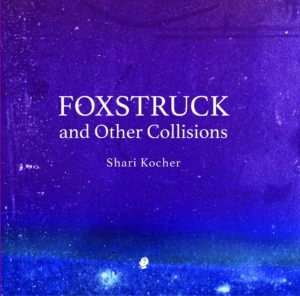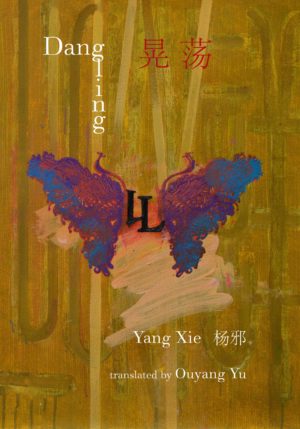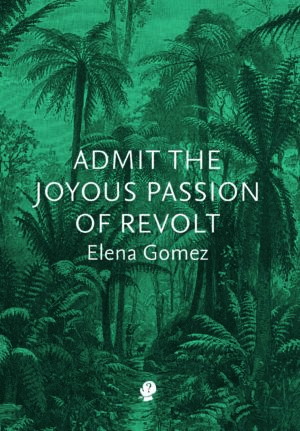Product Description
Shorter Lives’ histories of notable creators drift away from conventional tellings to offer alternative facts and believable untruths. No small part of the author’s research, however, has been the trawling of existing biographies for unrepresentative, yet documented, instances of the bizarre. In our post-truth world of fake news and mythmaking, Scott’s revised biographies make a significant contribution to both speculative fiction and the developing field of non-fiction poetry.
“One might have thought the lives of some of the writers and artists within this book—Woolf, Rimbaud, Picasso—had been written to the point where little more could be offered, but Scott’s distillations are a fresh and intriguing making new. Shorter Lives plunges below the received biographies to disinter the emotional, psychological, erotic and other secrets that arguably underpin, explain and give force to their work. The results are sometimes unsettling, sometimes confounding, sometimes electric, and almost always absorbing. More to the point, they contain a deep probing of Modernity itself, a looking backward to better understand our current aesthetic and the challenges it faces.”
— DAVID BROOKS
REVIEWS
“John A. Scott’s spectacular Shorter Lives is made up of a series of poetic biographies of crucial figures in the development of what is usually called Modernism but which, as the distance from it lengthens, looks less like a movement and more like a rejection of the nineteenth century and everything it stood for. Developments in art, literature and music, often violently ideologically opposed to each other, were gathered together by this common drive to a rejection of the past on the basis of the principle that the enemy of my enemy is my friend.” MARTIN DUWELL, Australian Poetry Review
“John A. Scott’s Shorter Lives is written at an intersection between experimental fiction, biography, and poetry. It inherits aspects of earlier works, such as preoccupations with sex and France…Scott gives himself poetic licence to fictionalise, and anachronise.” MICHAEL FARRELL, Australian Book Review (paywalled)

